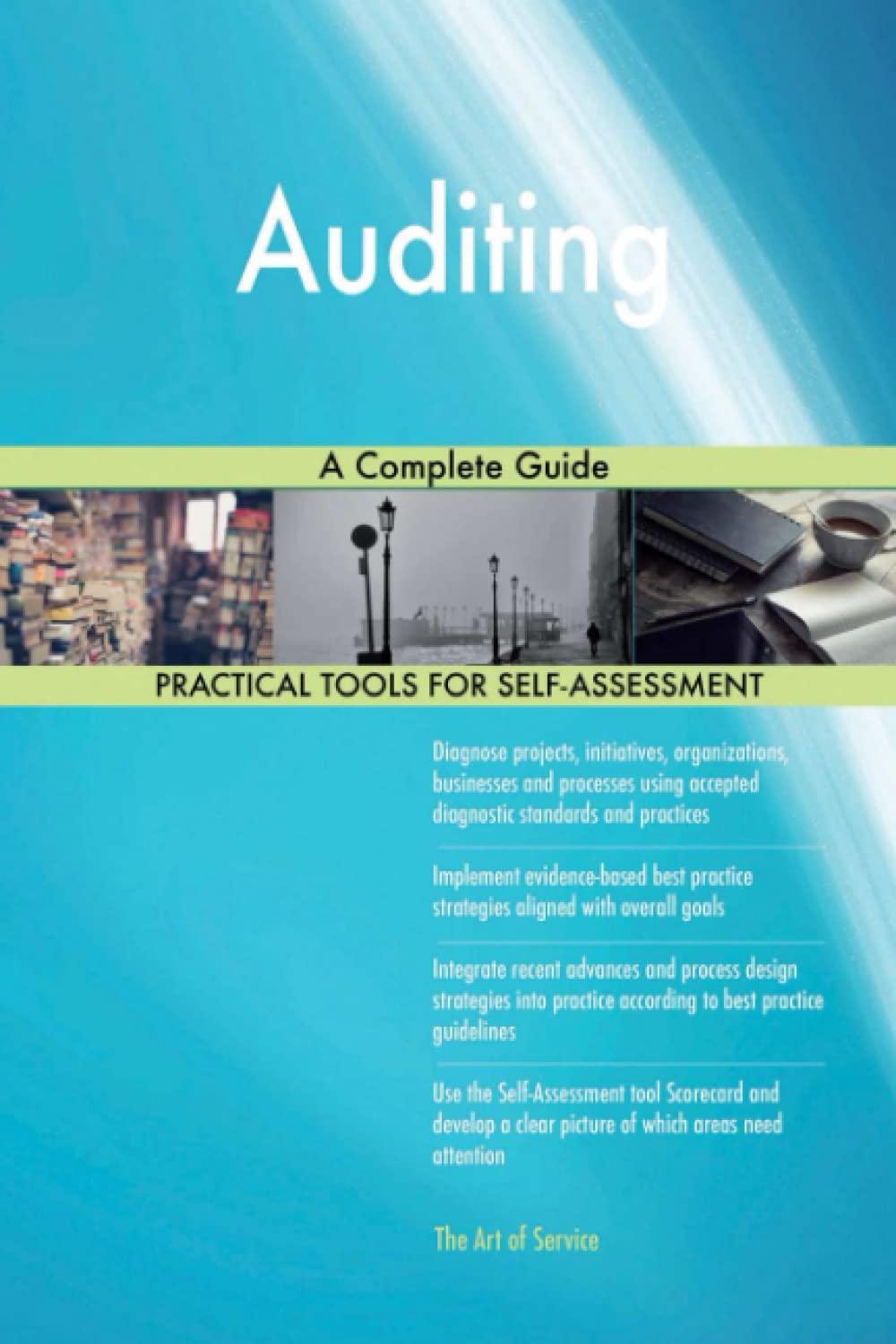Question
CVS Caremark Acquisition of Longs Drugstores CVS Caremark used an acquisition technique that enabled it to manage earnings in a blatantly fraudulent way. The acquisition
CVS Caremark Acquisition of Longs Drugstores
CVS Caremark used an acquisition technique that enabled it to manage earnings in a blatantly fraudulent way. The acquisition of Longs Drugstores by CVS on October 20, 2008, illustrates what can happen when experts allow client management to make the call on how to account for a transaction. CVS called the shots and the firm that conducted the valuation of assets of Longs went along with unsubstantiated reductions in asset values even though its independent analysis showed otherwise. As for the auditors, they uncritically accepted managements representations about these and other amounts. The auditors did not exercise the level of due care or professional skepticism warranted by the facts. However, the SEC did not file an action against either party, choosing instead to go after CVS and Laird Daniels, CPA, the retail controller for CVS during the fraud period. The discussion below is drawn from the SECs legal settlement with Daniels.59 (Links to an external site.)
The SEC charged Daniels with accounting violations, saying he orchestrated the improper accounting adjustments by:
- Making untrue or misleading statements of material fact in violation of the Securities Exchange Act of 1934 Section 10(b).
- Directly or indirectly falsifying CVSs books and records.
- Aiding and abetting and causing CVSs violations of the Exchange Act, which require an issuer to file accurate quarterly reports with the SEC and require those reports to contain such further material information as is necessary to make the required statements in the reports not misleading.
CVS was accused of manipulating the accounting for its October 2008 purchase of Longs. The SEC said the changes improperly boosted profit by as much as 11.7 cents per share for the third quarter of 2009, enabling CVS to exceed rather than miss analyst forecasts. CVS broke faith with investors, Andrew Ceresney, director of the SEC enforcement division, said in a statement. The intentional misconduct by CVS breached the core principle of fair and accurate reporting of financial performance.60 (Links to an external site.)
On April 8, 2014, it was announced that CVS Caremark would pay $20 million to settle a variety of charges including making improper accounting adjustments that overstated the financial results in 2009 for its retail pharmacy line of business.
Financial Statement Effects
Financial shenanigans can be broadly classified into two types: (a) schemes that overstate revenues and profits, which are designed to enhance reported results and earnings per share and (b) schemes that understate revenues and profits that are typically done to smooth out net income over time periods and make it appear less volatile.
Companies have numerous avenues to engage in financial shenanigans if they so desire. These include recognizing revenues prematurely, recording sales made to an affiliate or recording sales of unshipped items, capitalizing rather than expensing research and development costs, reclassifying balance sheet items to create income, amortizing costs or depreciating assets at a slower pace, setting up special-purpose vehicles to hide debt or mask ownership, and so on. In most instances of far-reaching and complex fraud, financial shenanigans were not detected even by a companys auditors.
Answer the following Discussion question:
Can earnings management be an ethical practice? Discuss why or why not?
Step by Step Solution
There are 3 Steps involved in it
Step: 1

Get Instant Access to Expert-Tailored Solutions
See step-by-step solutions with expert insights and AI powered tools for academic success
Step: 2

Step: 3

Ace Your Homework with AI
Get the answers you need in no time with our AI-driven, step-by-step assistance
Get Started


